According to a new report, the savings would principally come from the prevention of waste fires, which is estimated to cost the UK over £1 billion a year, alongside increased recycling.
The research was completed by consultancy Eunomia on behalf of the Environmental Services Association (ESA).
Released today (29 April 2025), it investigated the costs and benefits of various collection options for small waste electricals and electronic equipment (WEEE).
Leyla Lugal, principal consultant at Eunomia, said: “Lithium battery fires are hurting people, the economy and the environment.
“With the number of electrical products on the market set to rise, this problem will get worse without intervention.
“The only way to implement change effectively and cost-efficiently is through collective action, ensuring strong communications campaigns and widespread national engagement.
“Some local authorities are already undertaking safer battery collections. This research highlights the wide-ranging benefits of such measures, but to drive real progress, we need policy reform as a catalyst for broader industry and consumer change.”
Only 100 out of 391 – approximately a quarter – of local authorities in the UK currently offer kerbside collection for small mixed WEEE.
It is estimated that every household, on average, incorrectly discards nearly 6kg of waste electricals each year.
When it comes to batteries specifically, Material Focus reported that 1.6 billion batteries were disposed of in the UK in 2023 and 2024 – equating to 3,000 a minute.
In 2023, more than 1,200 serious battery-related fires were recorded in waste facilities or collection vehicles. This represented a 70% increase in fires from 2022.
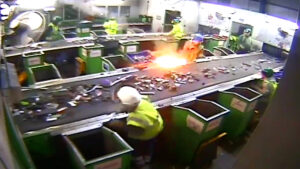
Jon Hastings, chair of the National Association of Waste Disposal Officers (NAWDO), said: “Fires in waste collection vehicles and treatment facilities pose a risk to staff working in this critical industry, and are causing operational disruption and higher costs for local authorities.”
James Kelly, CEO of the British Metals Recycling Association (BMRA), added: “The increase in the number of fires across the waste industry is deeply concerning. Be they caused by waste electricals and electronic equipment or orphan lithium-ion batteries, urgent action clearly needs to be taken.”
Implementing kerbside collections for small WEEE
The report found that the best option for kerbside recycling for small WEEE would be to retrofit existing refuse collection vehicles (RCVs) with external cages, where possible, to safely store batteries and small waste electricals.
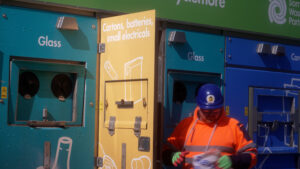
Somerset council is reported to have seen a reduction in waste fires since it implemented kerbside collection for WEEE. It is reported to have collected 100 tonnes of small batteries and electricals last year.
If such a scheme were rolled out today, Eunomia estimated that the number of waste fires would drop correspondingly from over 700 a year to just over 100.
It estimated that the capital expenditure needed to implement the new service would be approximately 70 pence per household – which it suggested could be supported through an extended producer responsibility (EPR) scheme.
The government consulted on an EPR scheme for WEEE in early 2024, but the results are yet to be released.
The ESA sent an open letter to Defra’s circular economy minister Mary Creagh yesterday (28 April 2025) urging the government to “press ahead” with its proposal to introduce a producer-funded universal kerbside collection regime for waste electricals “without further delay”.
Signatory of the letter Michael Topham, chairman of the ESA and CEO of Biffa, said: “The UK is facing a growing epidemic of battery-related waste fires which threatens lives, vital infrastructure and the environment.
“Whether discarded on their own or hidden inside electronic devices, batteries wreak havoc when they are thrown in the wrong bin, but this sadly happens all too often because of a lack of convenient recycling options for householders.
“Eunomia’s report provides clear evidence of the huge benefits of implementing a nation-wide kerbside WEEE and battery recycling scheme – not just for preventing fires and protecting infrastructure but also realising a £6 billion economic benefit while supporting a more circular economy for batteries and waste electricals.
“We urge government to commit to rolling out mandatory universal kerbside recycling services for waste electricals and batteries, and to ensure all parties pay their fair share towards delivering them.”
Watch the ESA’s video on the issue here:





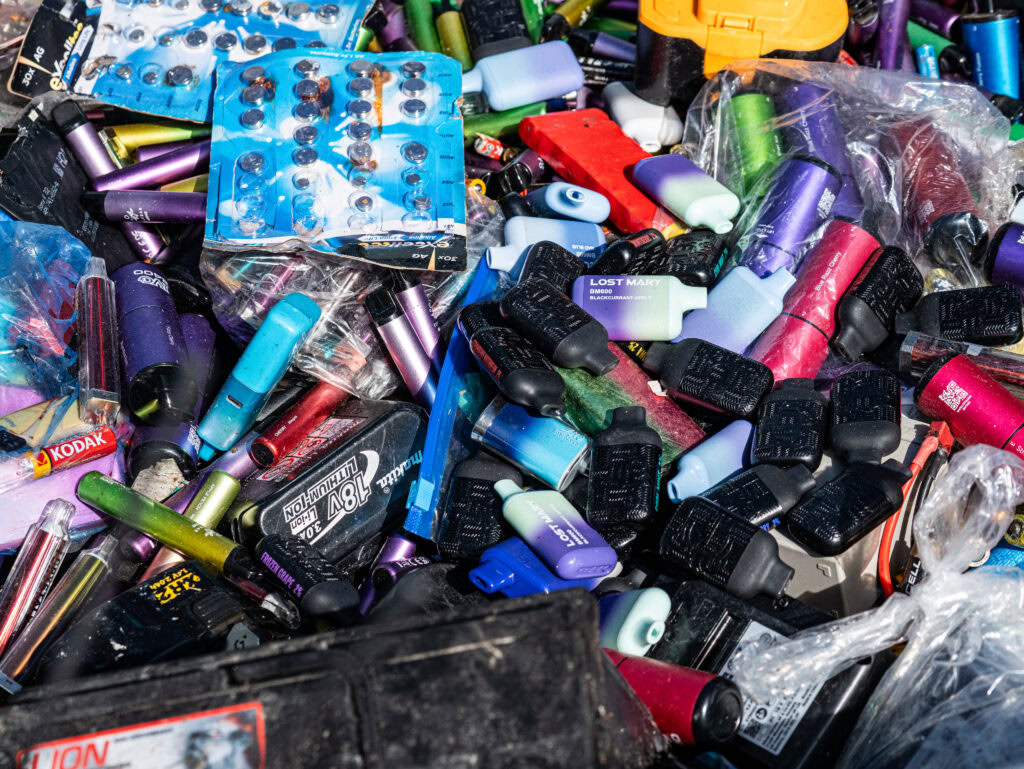
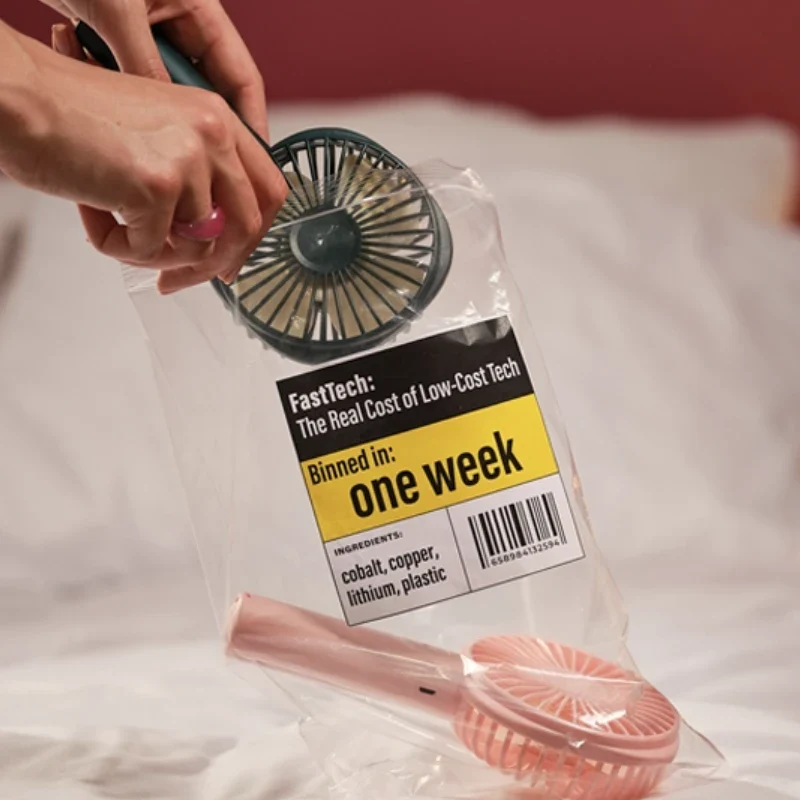
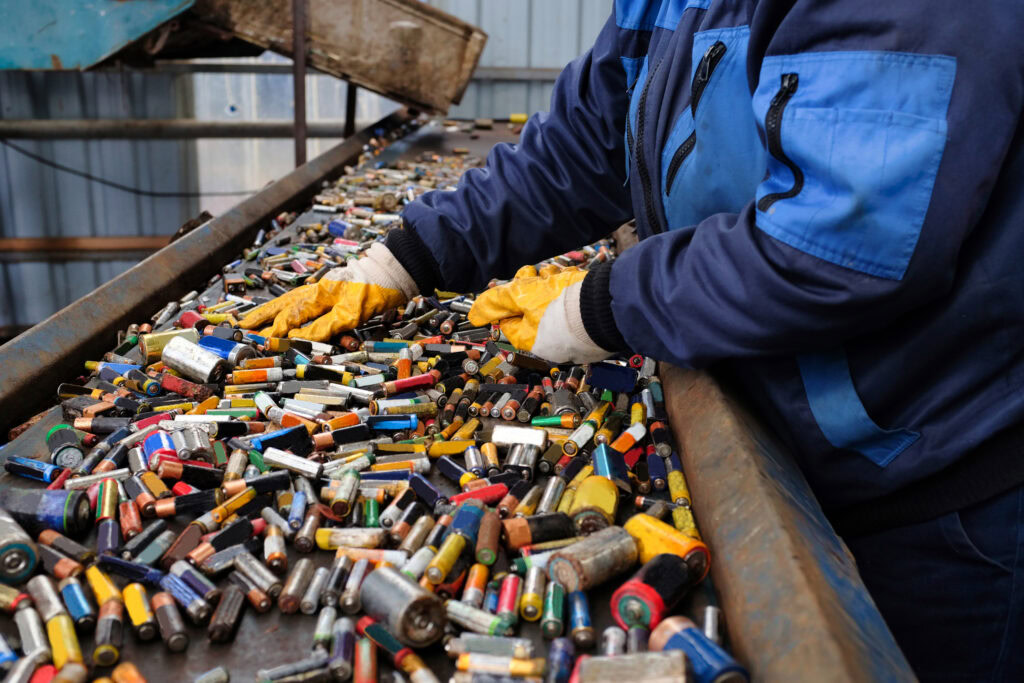
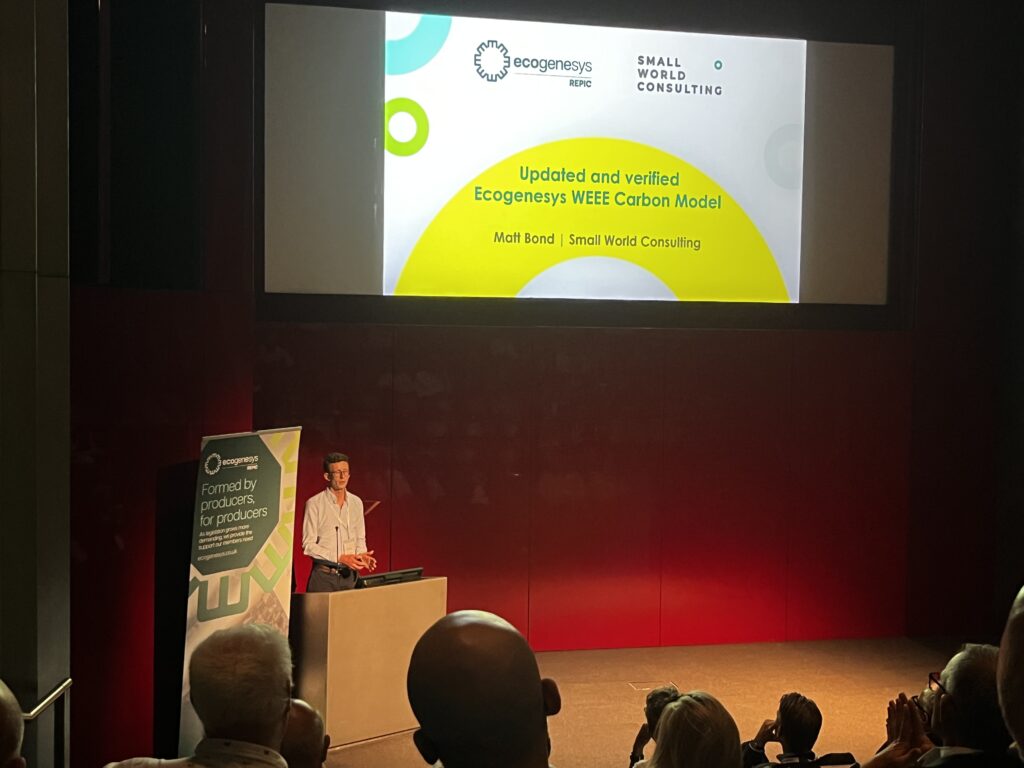
Subscribe for free